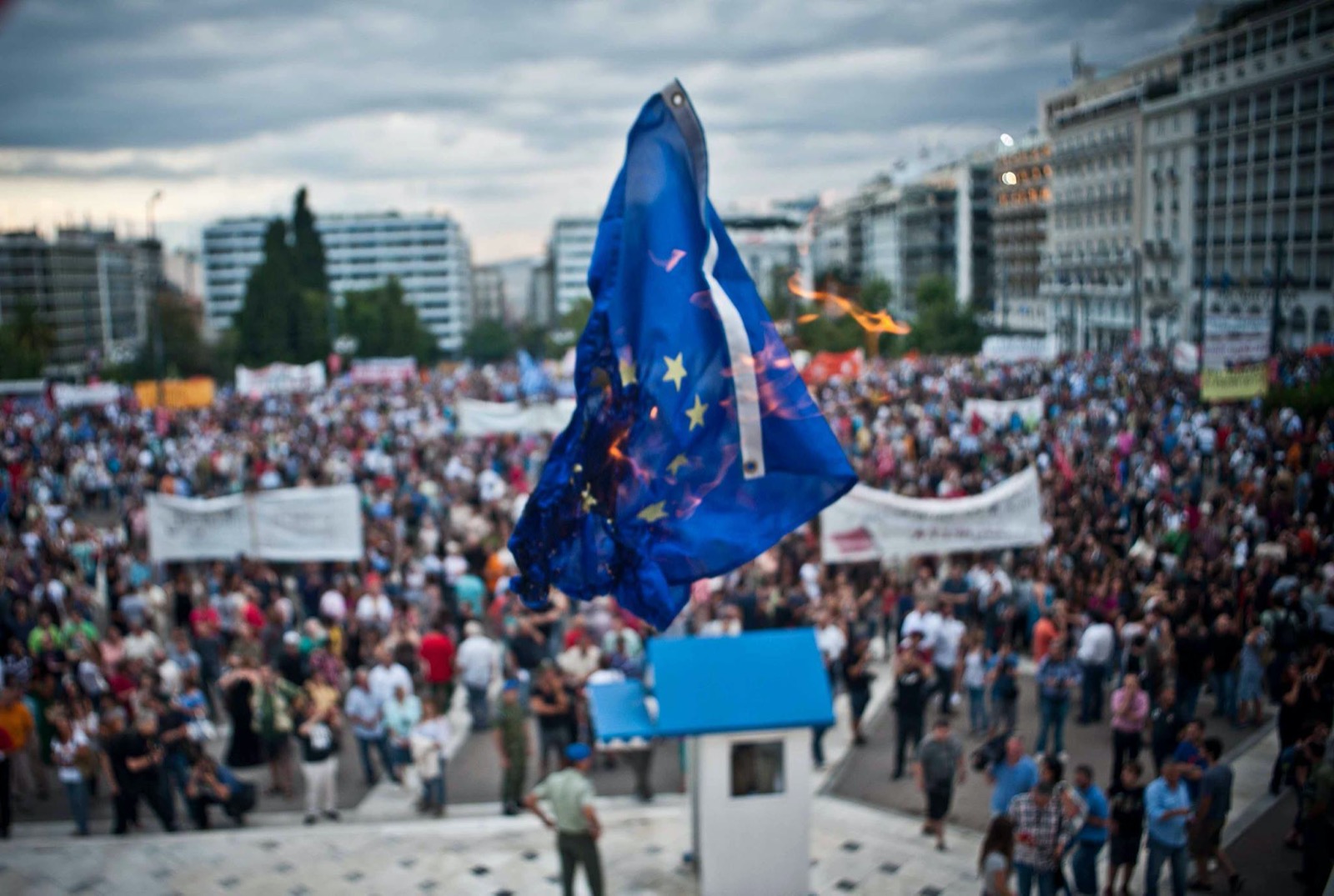What a difficult task it is to concentrate with everything that is happening in Spain. It seems it was only yesterday when our main concern was whether it would be sunny enough in Plaza to have something after class, or if that night we should take a jacket with us to walk around Madrid. This is not the first time, nor will it be the last time, in which the world faces a global pandemic, as demonstrated by Smallpox, Measles, the (unjustly named) Spanish Flu of 1918, the Black Death and HIV/AIDS, to name a few. Viruses and plagues have always been the oldest serial killers in history. COVID-19 is not going to be any less than that; in fact, it generated a world crisis like no other before it.
Why is it so unprecedented? COVID-19 is by no means the deadliest of the pandemics humanity has experienced so far; it does not beat the others in terms of total infectious capacity, and it has not cost more lives than other infectious outbreaks. However, it stands out for two essential reasons: its rapid spread, and our conception of life.
On the one hand, globalization is unfortunately an unquestionable ally of the virus. Previous pandemics affected only certain areas of the world, but COVID-19 has been present throughout the whole globe. This, with the small exception of 19 countries, most of which are small and sparsely inhabited islands nations. Today, the daily migratory and commercial flows around the world have paved countless dynamic viral pathways that are nearly impossible to control.
On the other hand, it is undeniable that in the most developed countries, there is such a quality of life that it allows the elderly to enjoy a long life and stretch it as long as possible. They are not used to something taking their lives overnight such as a virus like this one. We are an overprotected generation that has not faced wars, famines or epidemics at this level. Never. Anyways, I do not think we are to blame for this and we should not ignore the emotional impact that the fleetingness with which the virus snatches the lives of our loved ones in us can have, aggravated by the possibility of not being able to give them a decent burial.
Having explained why this pandemic is different from the others, I have to tell you that I have good and bad news. Bad news first.
Spain as of April 10, is the second country with the most cases of coronavirus in the world, with 157,022 infected, after surpassing Italy a week ago and the second with more fatalities due to the virus, with 15,843 deaths, having overtaken China more than a week ago.
The European Union has made Spaniards feel deeply abandoned. If Brexit had already taken its toll on the credibility of the Union project, Rutte and Merkel’s lack of solidarity with Sánchez and Conte regarding the mutualization of the enormous debt that responses to COVID-19 are causing, have further materialized the lack of mutual trust in the Eurogroup.
Since March 14, the country is in a state of alarm and in a situation of confinement, which is estimated to last until May 10, or even further.
The lack of foresight and deficiencies in medical personnel and material have been evident in the country, which, to be honest, may have been the cause of many of the so-called “preventable deaths”.
Spain is the country with the highest number of health personnel infected. Our public health system is more than saturated and our medical professionals are overwhelmed and under constant intense pressure. Many times they lacked the necessary material to properly take care of patients and have not only put their lives in danger, but many of them have died as a result of this.
The Spanish government has made many mistakes. For some, understandably, this is to be expected and inherent to the management of a crisis of this nature. But for many others, it is merely symptomatic of the inexperience, incompetence and ineptitude of the new coalition government, whose structural peculiarity has been attacked on numerous occasions for allegedly hindering the decision-making process at a time when determinations must be quick and unanimous. It should be noted that said government has still been supported by most of the other parties in the Parliament, including PP, as coronavirus is a matter of force majeure; although as Pablo Casado has clarified in his interview for El Mundo, ” I will support Sánchez in saving lives, not to ruin Spain”.
According to its critis, the government’s lack of diligence and responsibility were evidenced during the Women’s Day March (8M). It was at high risk of contagion with an attendance of an estimated 120,000 people. This, when Spain was already facing a worrying number of cases. In addition to this, the purchase of the infamous “rapid tests” from a company not authorized by the Chinese government, therefore lacking approval, further showed lack of due process.
Despite everything, I would like to leave a particular message to all those who read this article: this crisis has also brought out the best in Spain and it is important that we do not let the fatality of the virus overshadow the good news.
Spain is the second most recovered country in the world, with 55,668 discharges, after China.
Today, April 10, Spain has recorded the lowest number of deaths from coronavirus in the last 17 days. Others say that we could be on the cusp of that long-awaited peak after which, if the measures continue to be implemented effectively and respected by the citizens, the figure could gradually decrease.
The balconies of Spain have witnessed the emotional daily applause, given every day since the confinement began, as a sign of support and thanks to all the health personnel who are making a huge effort to save the lives of all the Spanish.
The private medical sector has made itself fully available to the country’s needs, denoting a high level of commitment and serving patients with great professionalism, thus helping to alleviate pressure on the public sector.
In Spain, there is now an atmosphere of brotherhood, sympathy and mutual support, which had not been seen for a long time.
Once we defeat the virus, I am sure we will all appreciate the value of human contact much more. We will want to spend more time with our grandparents, whom we will have greatly missed. The stations and streets will be flooded with gatherings, kisses, caresses and hugs. We will value our sun more, the outdoors and see our friends and family.
Spain has once again shown that it works hard in the face of adversity and is responding forcefully to a virus that is bringing out the best in us. From the impeccable commitment of healthcare personnel who work tirelessly to the large food donations that many restaurants and chains altruistically prepare to supply hospitals. From cleaning teams that disinfect hospitals and establishments without pause to young people who volunteer to make purchases of people belonging to risk groups, avoiding exposure to contagion in supermarkets.
As a Spaniard, and I am convinced that I speak on behalf of many, I want to offer my condolences to all those who have lost a loved one at the hands of this ruthless virus. But I also want to give my honest congratulations and express my gratitude to all those people who every day push against COVID-19 with their effort, dedication and courage. Thanks to all the State Security bodies, to all the health personnel, cleaners, transporters, cooks, firefighters and all those who form the first line of battle against the virus and risk their lives to save the lives of others.
I hope that when this nightmare ends, we will all pay tribute to all the victims as well as to all the heroes of the epidemic, with the same strength and rapport with which we are fighting back against this common enemy.
In Spain, a “every man for himself” has not been seen like in many other countries.
We are, and I am confident that we will always be, an “every man for every man” people.






